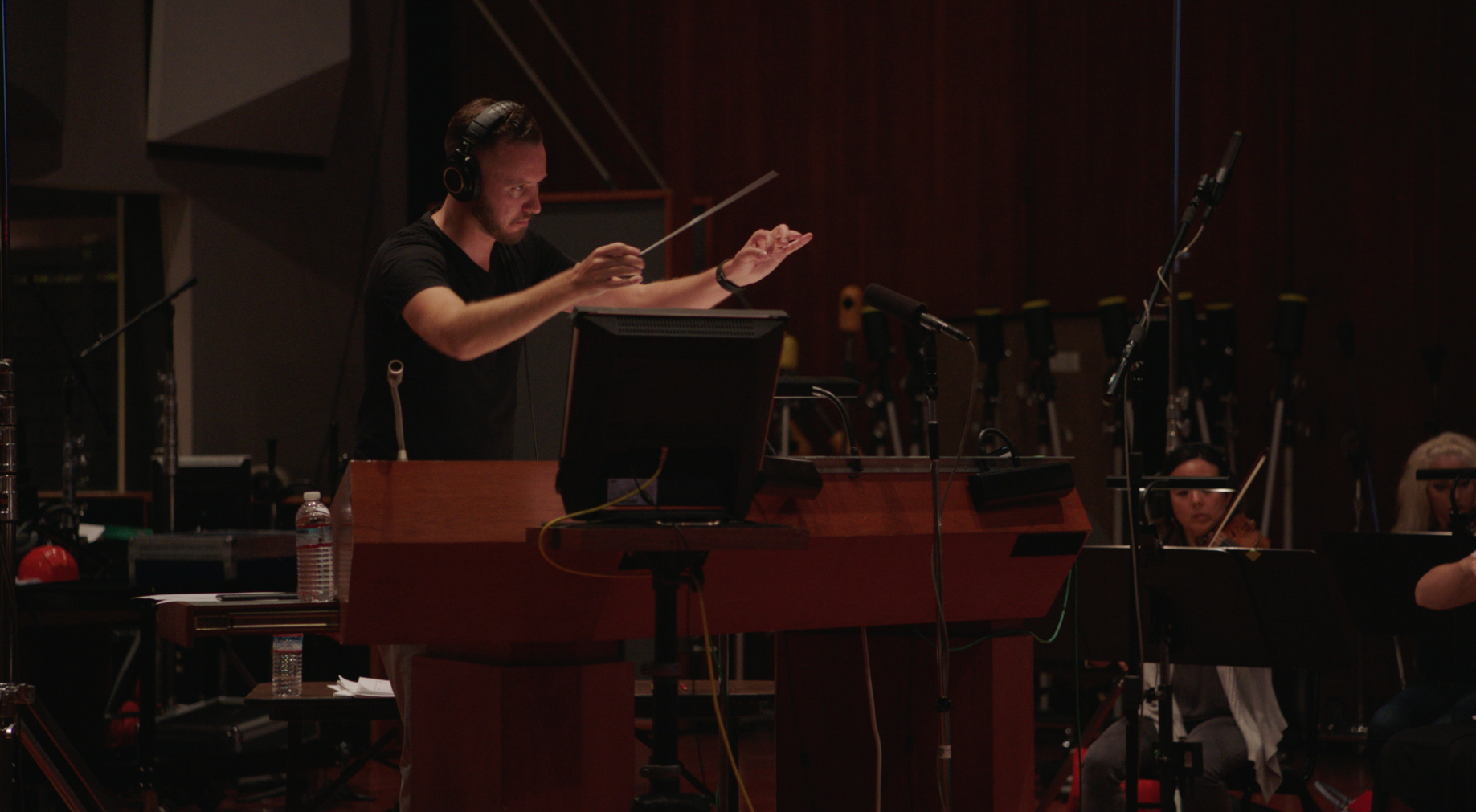1. The way you say it is just as important as what you say.
There’s this great video floating around YouTube of John Williams conducting a recording session. The orchestra is wailing away in the middle of a take, when John’s ears perk up: someone’s playing out of tune. He stops them and addresses the trombones in the most cordial tone (I’m paraphrasing): “Gents, I wonder if we can try to raise the pitch on the next take.” In other words, the trombones are flat and John knows it. Many conductors would just yell: “You’re flat!” But John knows that empathetic communication usually elicits the best musical results (despite what the movie WHIPLASH would have you believe). So the trombones nod, they do the next take brilliantly— and everyone’s egos survive intact.
2. Praise the people you work with.
I’m lucky enough to work with some of the best musicians in the world in the recording studios of Los Angeles. At the top of each session, without getting too schmaltzy, I always try to let them know what a privilege it is to conduct them. My job isn’t to bend them to my will, but to harness their collective brilliance to help us achieve the best possible performance. It’s a team sport, and I’ve generally found that if they know how much respect I have for them, they’re more likely to listen to me in the future.
3. Say more with less.
When I was studying conducting in college, I had a professor who taught me a lesson I’ve never forgotten. I was on the podium and the orchestra was struggling with a passage, when he stopped me and asked, “Do you know what the problem is?”
I told him I thought so.
“You have four words to fix it.”
I sat there and thought, how the f*** am I supposed to fix that trainwreck using only four words?
After a moment of frustration, I gestured at the percussion and said, “You, softer.”
Then at the strings, “You, faster.”
We tried it again… and it worked. The lesson: economy of speech is important, especially when rehearsal time is limited. Simple direction is almost always better and more actionable than flowery meandering… though I am still regularly guilty of the latter.
4. When diplomacy fails, it’s ok to be a dick.
Some people can’t be reasoned with. When you’re working with someone like this, and you’ve truly exhausted all efforts at sincere, empathetic communication… don’t be afraid to hammer them into submission. Does this contradict #1? Maybe. But human beings are complicated; different people communicate differently, and unfortunately, some people only respond to a bit of aggression.
5. When your words don’t work, make people listen to each other.
Sometimes, when all of my fancy arm-waving and waxing philosophical doesn’t seem to be helping the orchestra play any better, I’ll stop conducting and ask the musicians to simply listen to each other. And more often than I’d care to admit, the problem gets solved. It’s a humbling experience, but there’s an important lesson: sometimes, the most effective way to lead is to get out of the way and let your team communicate directly with each other.
Conducting an orchestra is as much about managing personalities as it is about musical knowledge. If you’re a good musician and you’re good with people, chances are you will be good at conducting. So prioritize people above all else.


